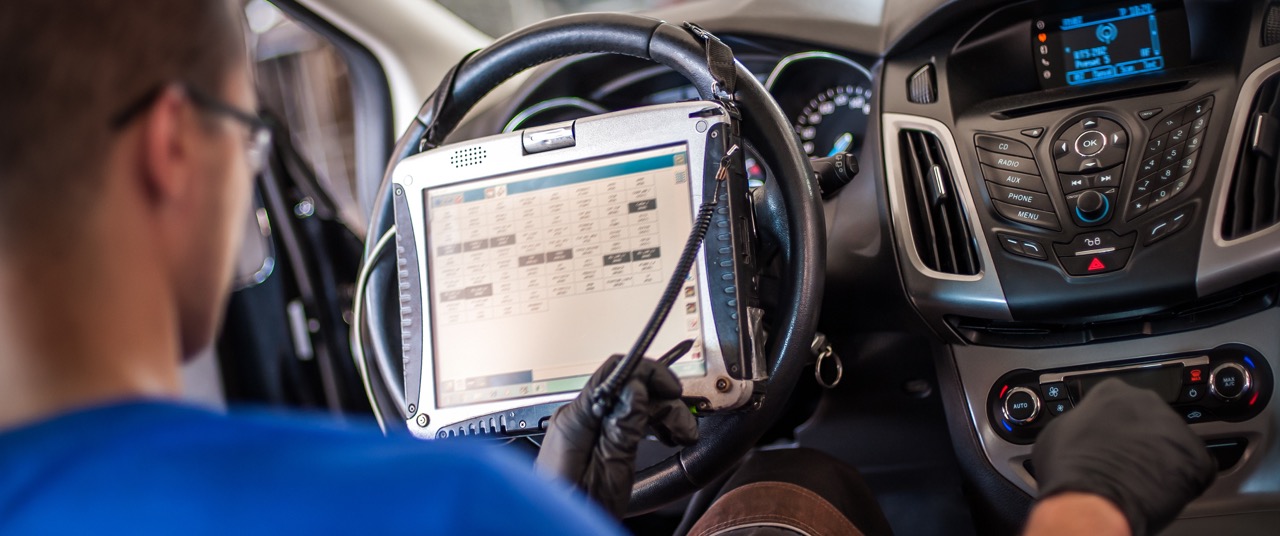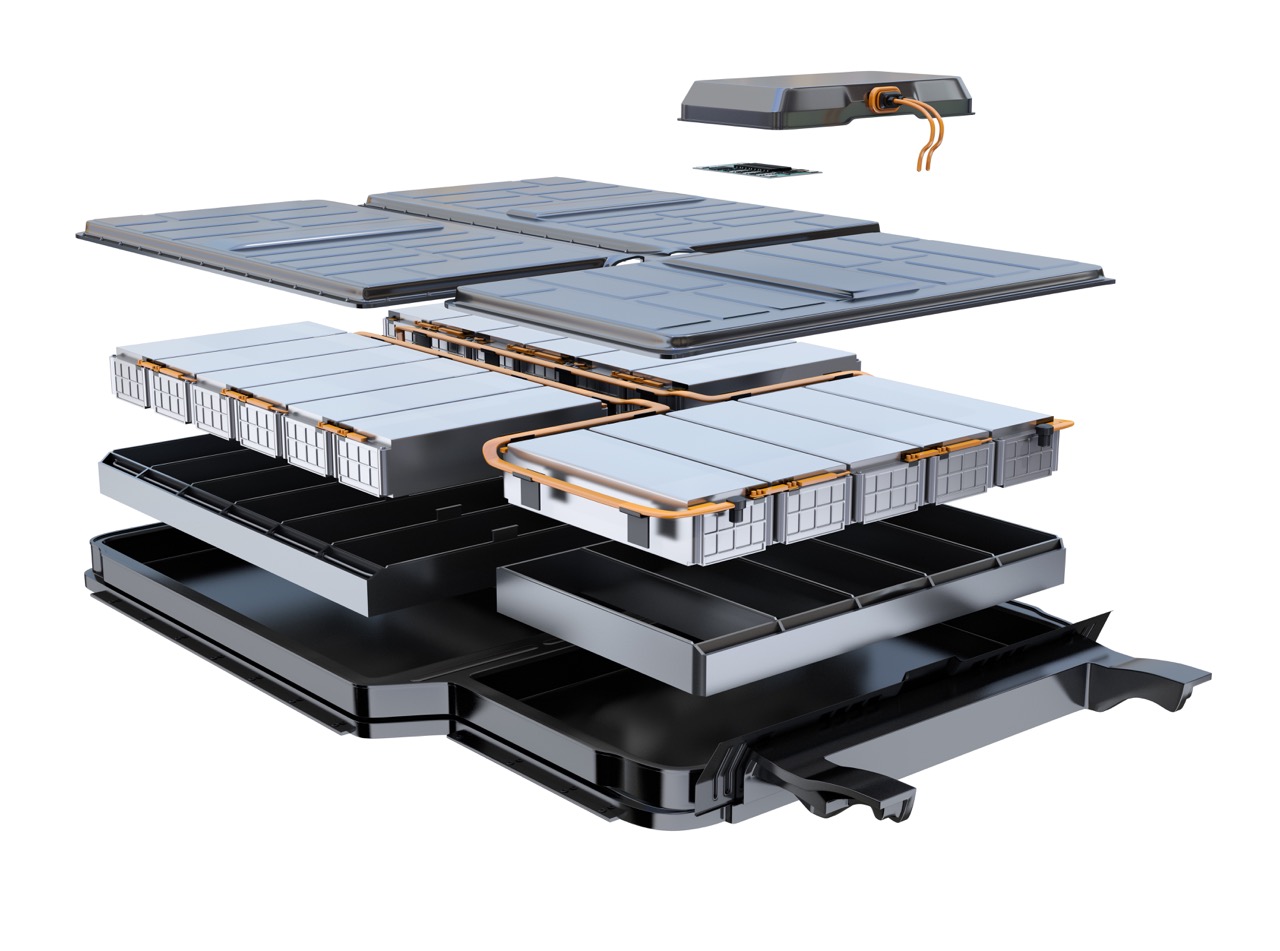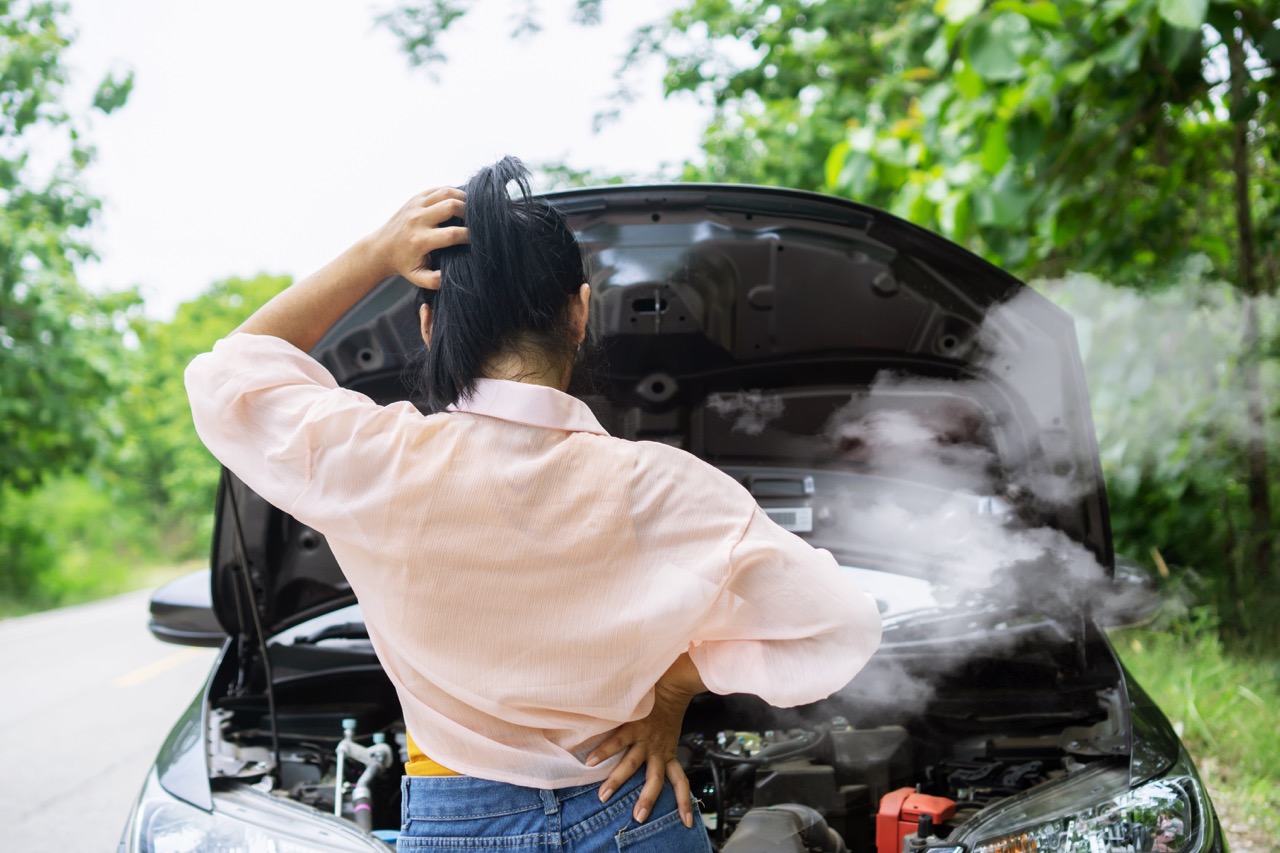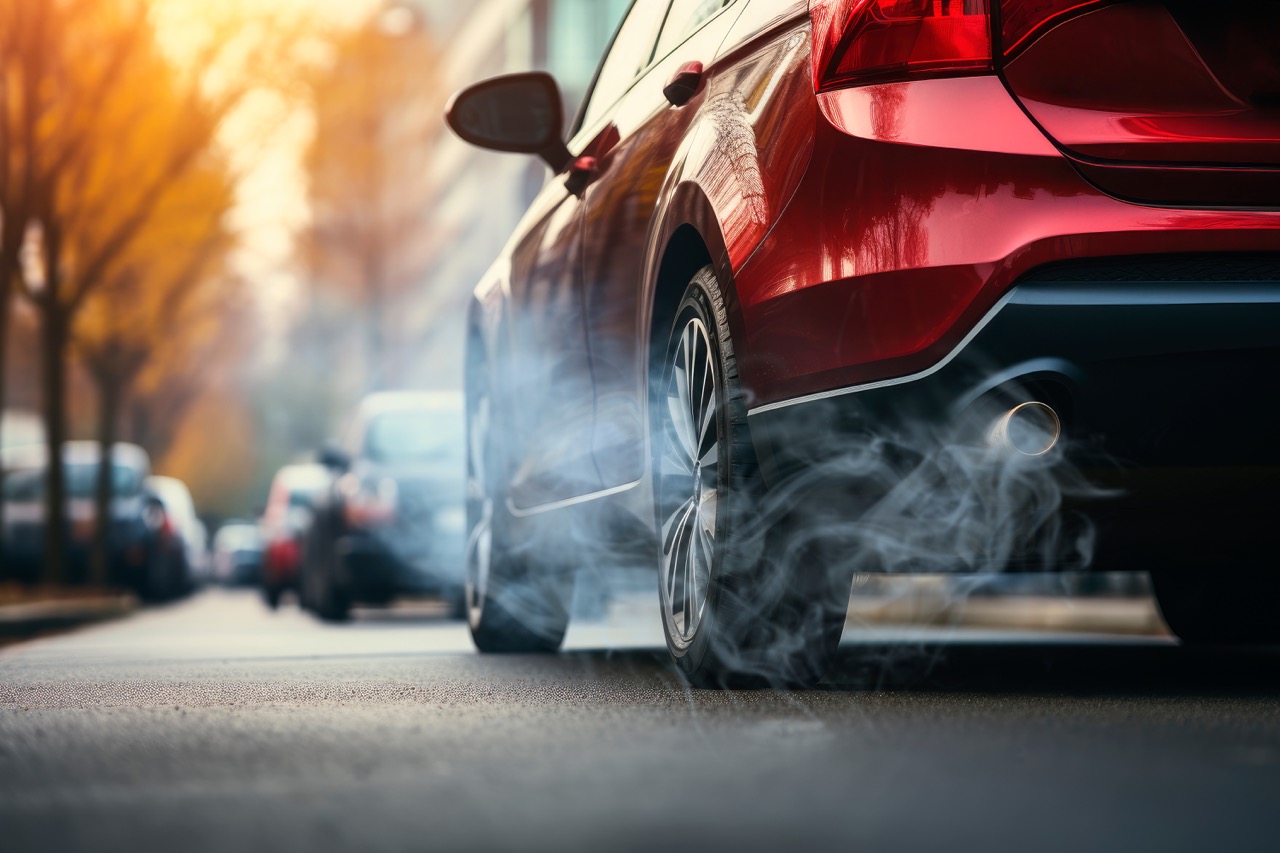
If your check engine light comes on, you should take your vehicle to a mechanic as soon as possible. When the light comes on, the car is informing you that something is wrong, but it does not specify what that something is. A diagnostic test will be the first thing a car repair business will propose.
What is a diagnostics test?
The check engine light will illuminate if there is a problem with a component in your car, such as the engine, transmission, exhaust system, fuel injectors, or ignition coils. Diagnostic testing is connecting a testing device to a component in your car and receiving a code as a result. Electronic components are found in newer automobiles, and the diagnostic testing gadget can scan these electronic components to detect which portion of your car is malfunctioning or requires repair.
Why is a diagnostics test important?
A diagnostics test is important because it saves you time and money. By getting a diagnostics test done, the mechanic may have an idea of what’s happening with your car and how to repair it. Without diagnostic testing, a technician would likely spend hours attempting to figure out what the issue is, and you would be responsible for the labor costs. Today’s technologies are built to detect even the tiniest problems long before they become serious problems.
Can’t I do it myself?
Home code readers are easy to come by, but drivers should avoid utilizing them because they are frequently relatively basic devices that don’t provide a lot of information. Scanning equipment used in vehicle repair shops are sophisticated, expensive machines that require a specific skill set to use. Furthermore, vehicle manufacturers may have their own set of proprietary codes that are impossible to decipher without a sophisticated code reader. A technician should inspect the vehicle and run diagnostics to check for failures in critical components.
Common Reasons for your Check Engine Light to come on
- Oxygen sensor – The oxygen sensor measures and monitors the amount of fuel consumed by the vehicle. The engine light might be triggered by any of the two to four oxygen sensors found in most automobiles. A defective sensor reduces gas mileage and increases emissions, but it can also harm the catalytic converter if left unattended.
- Catalytic converter failure – A catalytic converter is an important component of a car’s exhaust system since it converts carbon monoxide from the engine to carbon dioxide. It is important to change the oil on a regular basis in order to keep it in good functioning order.
- Spark plug or ignition coil failure – Ignition coils produce the electricity that spark plugs use to ignite the engine’s cylinders, therefore any misfire in that process could cause the engine light to illuminate. When your spark plugs wear out, you may find that your automobile accelerates slowly.
- Airflow sensor failure – The mass airflow sensor monitors the amount of air that enters the engine and also tells the car’s computer how much gasoline to put in. If it starts to fail, it could result in increased emissions or possibly halting.
- Replace the thermostat – The thermostat functions similarly to a standard home thermostat, with the exception that it controls the flow of coolant to the engine. If the coolant is contaminated with dirt or another substance, it might become corrosive, causing the engine to overheat.
- Replace exhaust gas recirculation valve and clean all ports – By sending exhaust gas back into the combustion chambers to cool it, the exhaust gas recirculation, or EGR valve, maintains a lower level of nitrogen oxide flowing out of the car’s engine. In most modern cars, an electrically controlled valve opens and closes in response to commands from the onboard computer. The engine light could be triggered if the flow is disrupted in some way.
- Your Gas Cap Is Loose Or Faulty – Your gas tank system’s pipes and valves recirculate gasoline vapors and prevent them from escaping. If the gas cap is unfastened, the “check engine” light will turn on almost immediately.
- Issues with an aftermarket alarm – If not installed properly, an aftermarket alarm system can cause havoc with your vehicle. It can deplete the battery, cause the check engine light to illuminate, and possibly prevent the car from starting.
- Vacuum leak – Every car contains a vacuum system that can be used for a variety of tasks. The brake booster is vacuum-operated, and the vacuum system also helps reduce emissions by directing gases away from the engine as fuel evaporates.
- Dead battery – The battery is both basic and crucial; without it, your automobile would not start.
Where can I get a diagnostics test done?
Master Muffler located in South Salt Lake City, UT. is ready to help. Master Muffler is a full-service auto repair business with highly qualified specialists on hand to diagnose and repair any issues that arise with your vehicle. If your car’s check engine light comes on, you should have it checked right away.
The engine professionals at Master Muffler in South Salt Lake can help you with your engine difficulties, but the best way to avoid engine problems is to prevent them in the first place. When you bring your automobile to Master Muffler for routine maintenance, we will perform brief checks to see if there are any developing issues that you should be aware of. You’ll be able to fix vehicle concerns before they become a problem.
Related Posts
As an EV owner, understanding your vehicle's battery is critical. From its capacity to its lifespan, and everything in between, we'll guide you through what you need to know to optimize your EV experience. So buckle up and get ready - we're about to shed some light on the electrifying world of EV batteries. What [...]
If your car is running hot, it can be a sign that something’s not right with your engine. Fortunately, diagnosing the cause of an overheating engine isn't too difficult if you know what to look for and how to address it. Keep reading if you want to learn the most common issues that occur when [...]
Your vehicle's exhaust system serves a critical role in managing the byproducts of the combustion process and ensuring optimal engine performance. The appearance of colored smoke from the exhaust pipe, either when stationary or accelerating, can provide valuable clues to underlying mechanical issues. What is a car exhaust? A car exhaust is a system [...]



